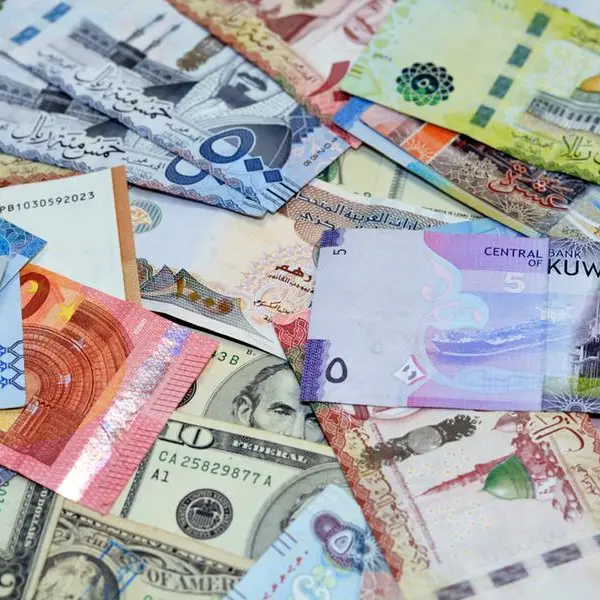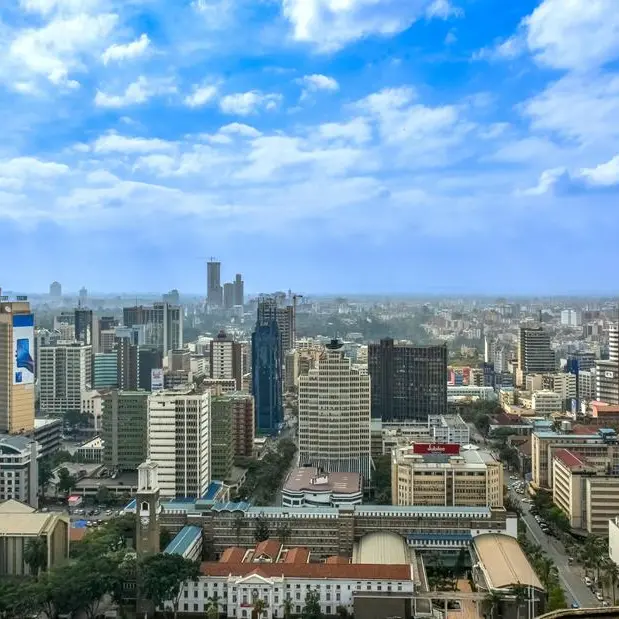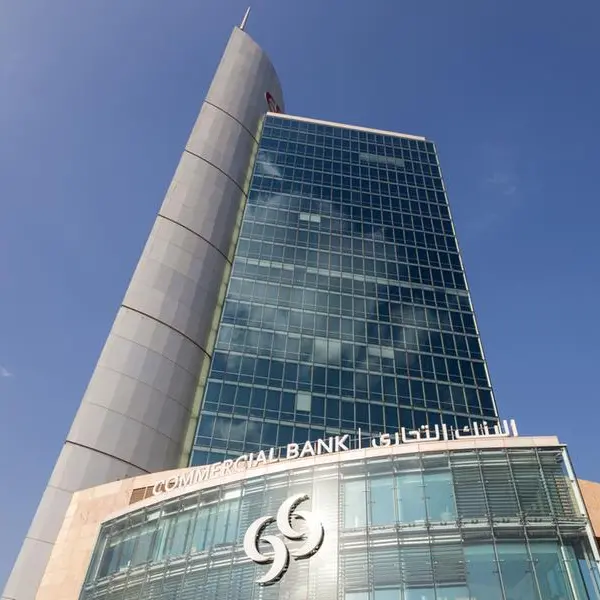PHOTO
Tunisia -"Tunisia has managed to repay external debts contracted on the international financial markets totalling TND 18.1 billion, from 2019 to date," former Director General of Monetary Policy at the Central Bank of Tunisia (BCT), Mohamed Salah Souilem told TAP in an interview.
These loans had been taken out in US dollars ($ 3,235 million, the equivalent of TND 10.3 billion), (€ 1,750 million, or around TND 5.8 billion) and (JPY 97 billion, or TND 2 billion), he pointed out, adding that these are "large-scale issues" that Tunisia has managed to honour in a very short space of time (the period 2019-2025).
"‘The only issue worth $1 billion on the financial market for this year was just repaid on January 30, 2025 (contracted in January 2015, over a period of 10 years)," he said, revealing that all that remains for the next 11 months is to pay off bilateral and multilateral debts (contracted with various donors and friendly countries), representing smaller amounts.
//Tunisia repaid 1/5 of its public debt services by the 1st month of 2025
Souilem also announced that in the first month of 2025, Tunisia had managed, according to his own estimates, to repay 1/5 of its public debt servicing (domestic and foreign) for the current year, i.e. TND 5 billion out of a total of TND 25 billion (between principal and interest).
"This effort exerted by Tunisia to honour its financial commitments is colossal," he underlined, explaining that "the repayment of these international issues is exhausting for a small economy like ours."
"Unlike bilateral or multilateral debts, where payment of principal and interest is staggered over time (in periodic instalments), the principal of issues on the international financial markets is repaid "in fine" (in a single instalment on its maturity date). In other words, from the issue date to the maturity date, we only repay the interest, and at the end of the loan term, we repay the loan principal."
"It was against this backdrop that several experts expressed their concern, a few years ago, that Tunisia might turn to the Paris Club for defaulting on external loans," he recalled.
He added that "even the rating agencies had put our country in the spotlight, out of fear that it would fail to achieve its expected objectives, including growth, tax revenues, etc., and that it might not honour its financial commitments, especially as Tunisia has chosen not to seek IMF support."
//In 2033, Tunisia will have honoured all its bond issues
As far as future maturities are concerned, the banking expert said that "Tunisia will have to repay a final euro-denominated issue, worth €700 million in 2026, and a final dollar-denominated issue ($150 million) in 2027. In addition, there are four other small Japanese yen issues to be repaid separately in 2027 (JPY 30 billion), 2030 (JPY 15 billion), 2031 ( JPY 20 billion) and 2033 ( JPY 30 billion)."
"With the repayment of these loans, Tunisia will have honoured all its bond issues on the international markets since its first outings on these markets in 1994. As a result, the external debt ratio will gradually fall to below 50% of GDP over the next two or three years, compared with 69% of GDP in 2018."
"Tunisia's approach in recent years has been to focus more on domestic borrowing resources, rather than external indebtedness," Souilem pointed out, adding that the country has not issued bonds on the international financial markets since 2019.
Although this approach has several advantages, including the reduction in the value of external debt and control of exchange rate risk (depreciation in the value of the Tunisian dinar against international currencies), it has many drawbacks.
The main drawbacks are the massive reliance on local financial resources, which reduces the financing capacity of the private sector and the economy in general, the risk of inflation and its repercussions on the purchasing power of Tunisian citizens, and the decline in foreign currency reserves.
"Foreign currency assets are the reserves used to meet the needs of the country's economy as a whole, i.e. the payment of foreign debt, the financing of imports, etc."
"This stock is very important, insofar as it acts as a shock absorber for an economy, protecting it from external shocks (rise in commodity prices, fall in tourism revenues, following a pandemic or other event, etc.) and absorbing the pressures of debt servicing, hence the importance of preserving it at a safe level," the official considered.
"This undertaking by Tunisia to honour its financial commitments, proving the resilience of the country's economy, must be taken into consideration by the rating agencies. This is why we are expecting an upward revision of our rating in the next few months, following an assessment of the country's risk," Souilem concluded.
© Tap 2022 Provided by SyndiGate Media Inc. (Syndigate.info).





















